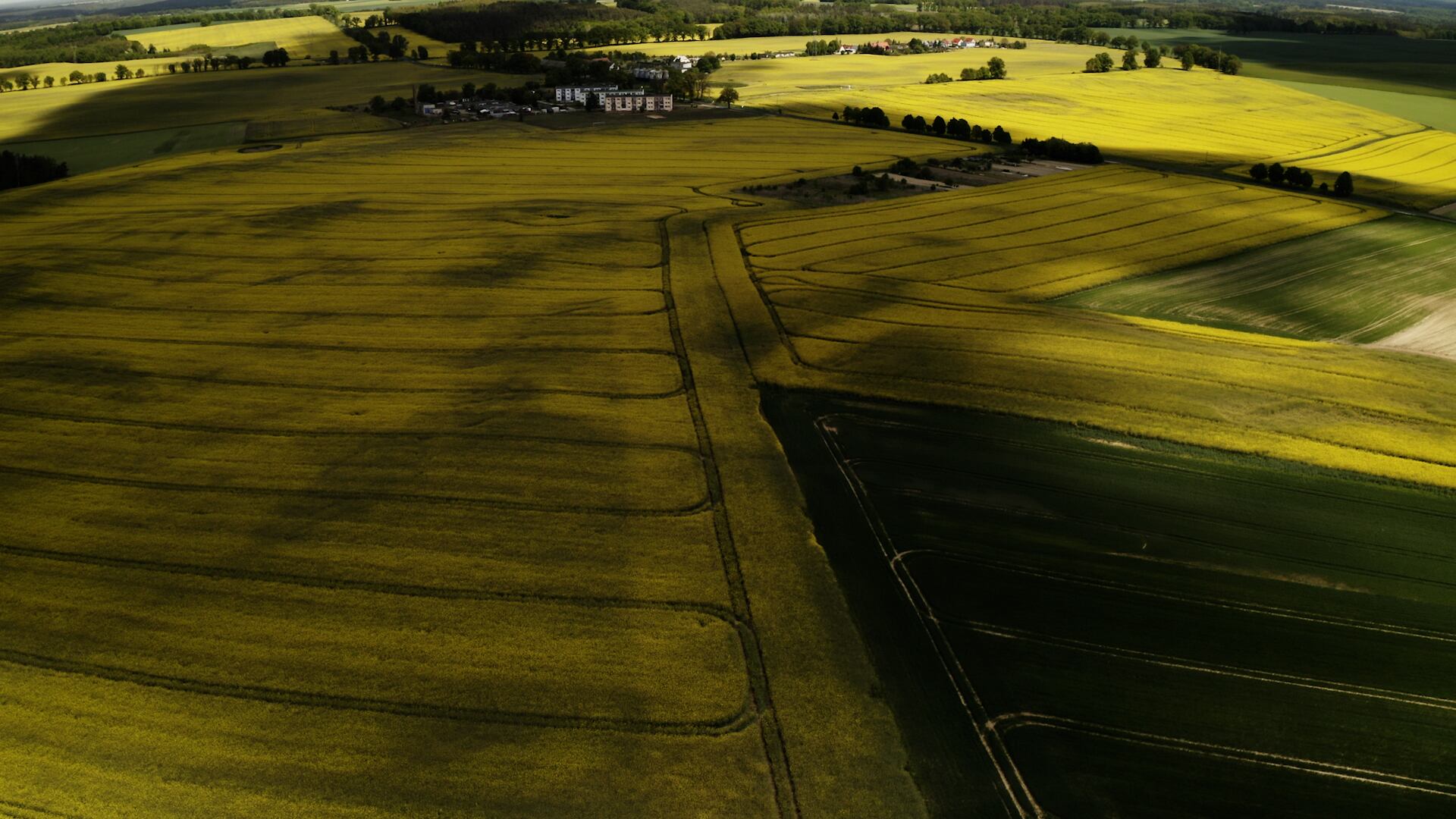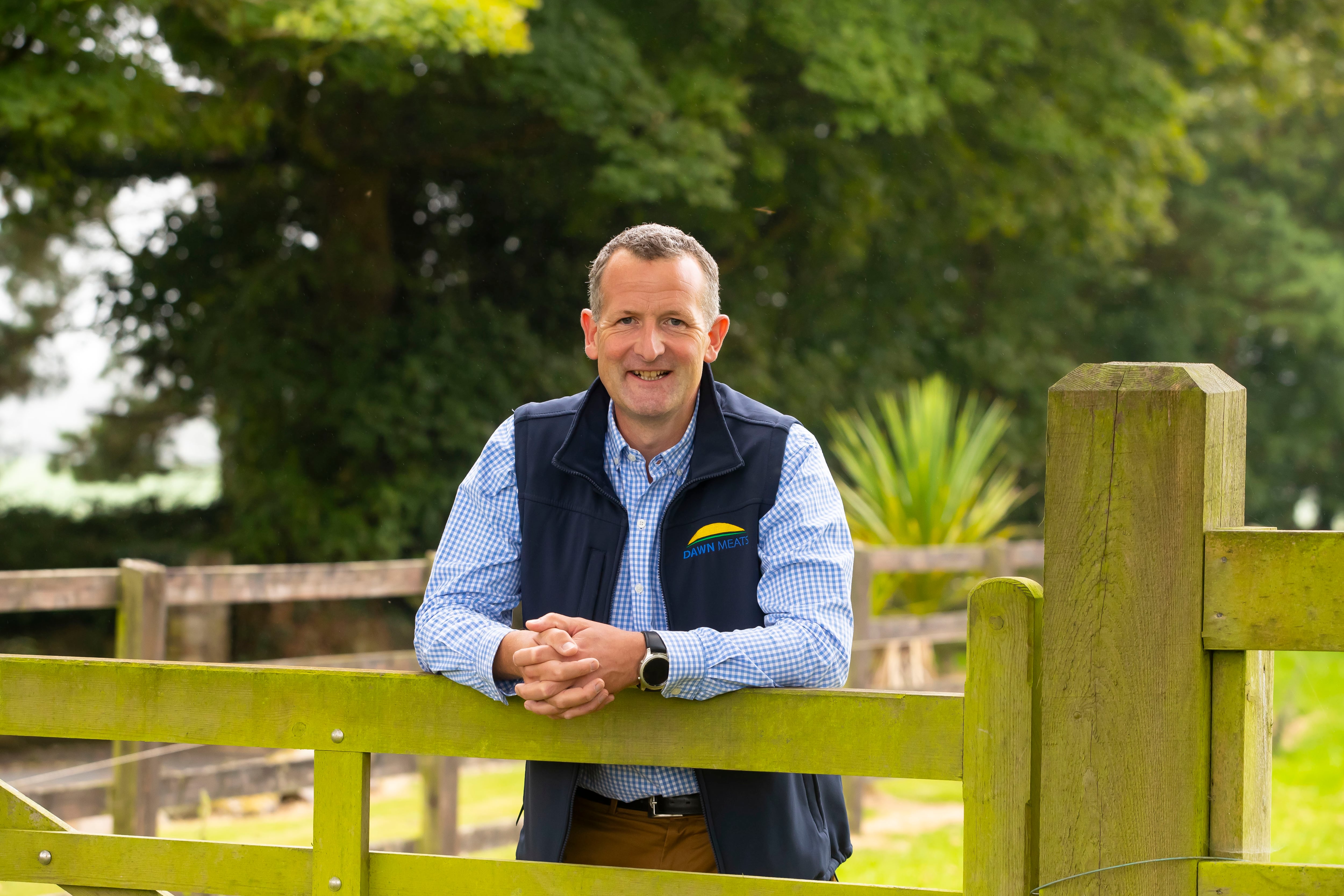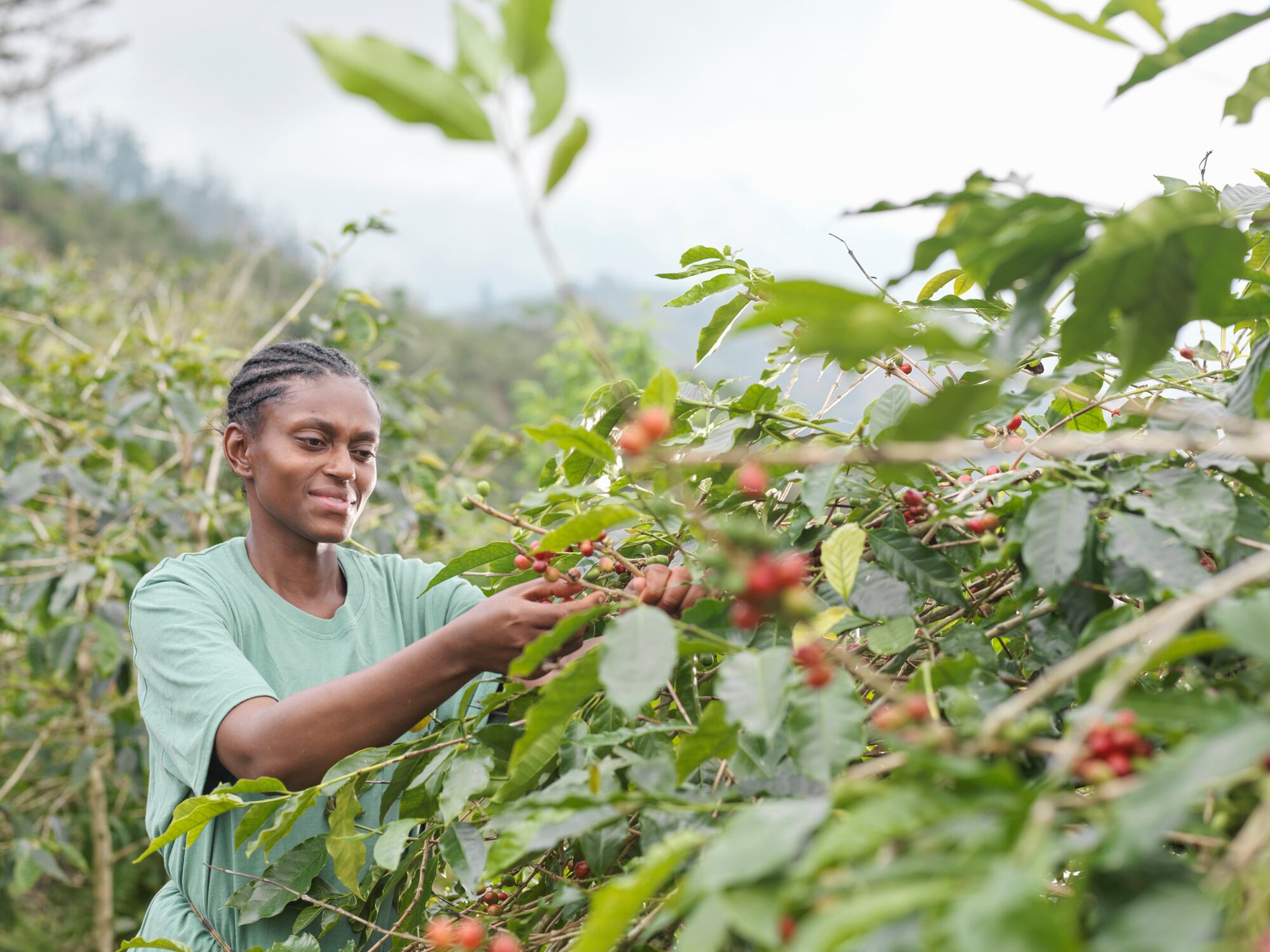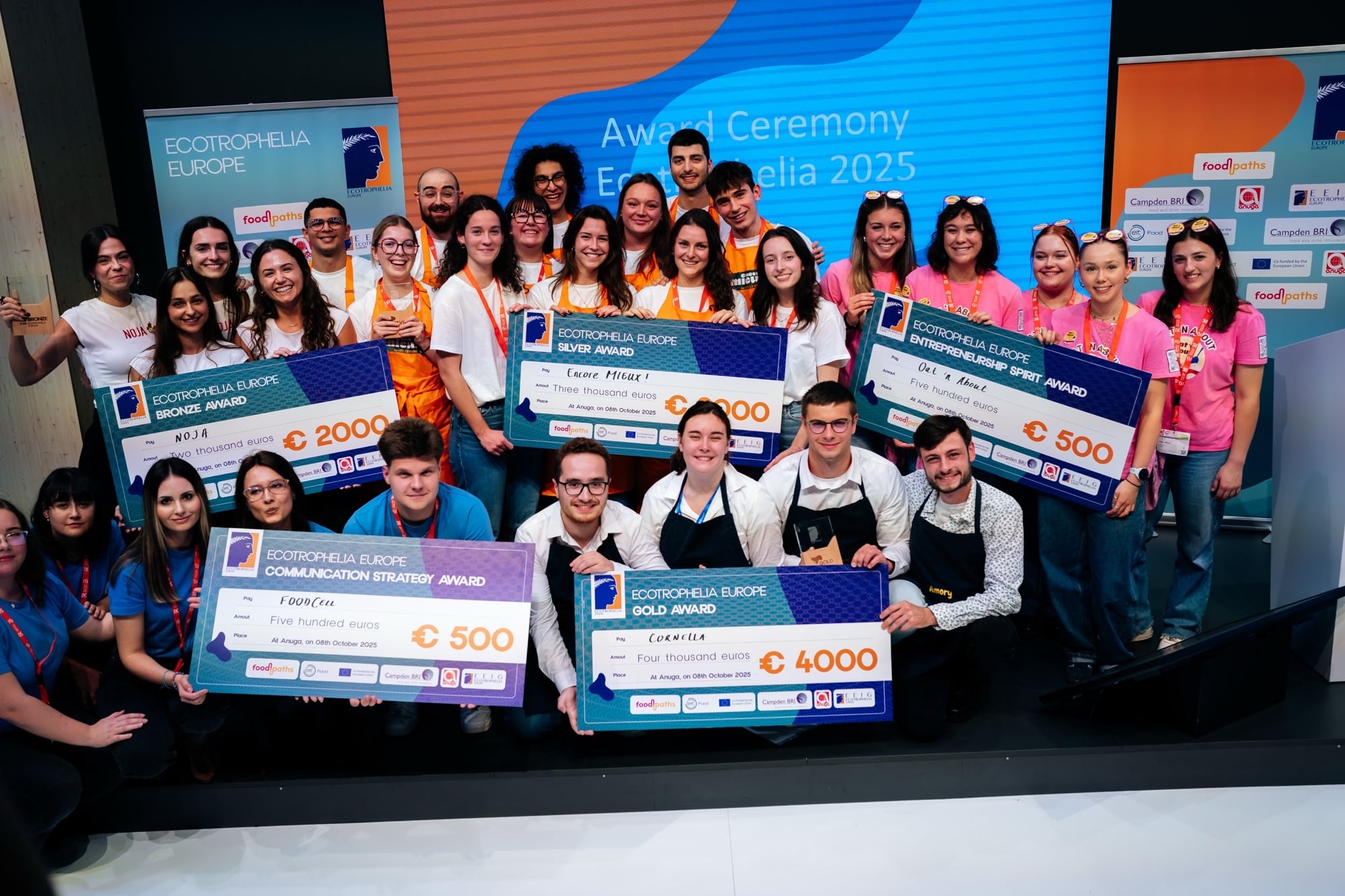This partnership will provide farmers in PepsiCo’s European supply chain with the tools needed to implement more sustainable practices, including moving away from synthetic inputs towards organic fertilizers and growing cover crops.
This will in turn improve soil health, enhance water efficiency, prevent land degradation, and reduce carbon emissions, while ensuring a sustainable supply of key ingredients for popular PepsiCo brands such as Lay’s and Walkers.
The partnership will cover more than 35,000 acres (14,000 hectares) of farmland and with solutions tailored to regional needs, farmers will be able to take on local challenges such as the heavy rainfall seen in France last year and soil compaction experienced in the UK.
The initiative provides financial incentives to support the costs of adopting regenerative practices. Farmers will also receive expert agronomic guidance throughout their transition, along with access to digital tools to track their carbon footprint.
The partnership follows the F&B giant’s increased regenerative agriculture goal, with an aim of driving the adoption of regenerative, restorative, or protective practices across 10 million acres globally by 2030, after successfully delivering 3.5 million acres (around 1.4 ha) in 2024.
The first phase of the collaboration has shown significant benefits, with farmers in France improving their greenhouse gas balance by 38%, while those in the UK improved by 36%.
Cover crop adoption also increased from 49% to 65% in France and from 22% to 34% in the UK, improving soil organic matter and water retention.
"Farmers are at the heart of a sustainable food system, and regenerative agriculture is key to building resilience for our food supply, the environment, and farming communities," said Archana Jagannathan, chief sustainability officer at PepsiCo Europe, the Middle East and Africa.
"Scaling these practices requires practical solutions tailored to local challenges. By working across the value chain, we can help remove barriers, accelerate adoption, and drive meaningful progress, reducing agricultural emissions while ensuring the long-term sustainability of our key ingredients."
The programme is supported by a digital Monitoring, Reporting, and Verification (MRV) system, which uses satellite technology and advanced models to track GHG emissions and soil carbon storage. This ensures transparent, data-driven insights, allowing farmers and companies alike to measure impact and refine their approach.
PepsiCo generated nearly $92 billion in net revenue in 2024, driven by its vast portfolio that includes Lay’s, Doritos, Cheetos, Gatorade, Pepsi-Cola, Mountain Dew, Quaker, and SodaStream.





